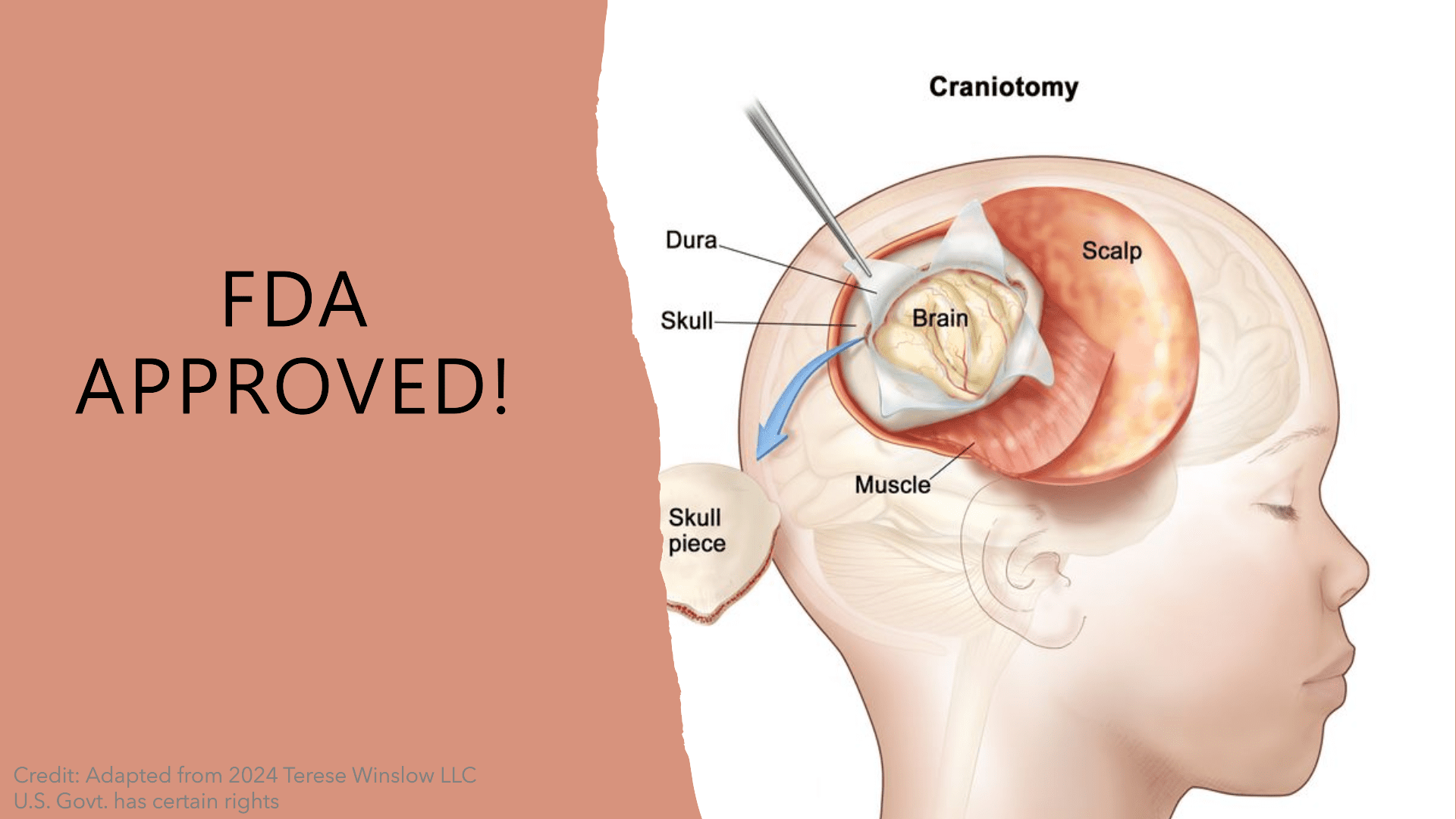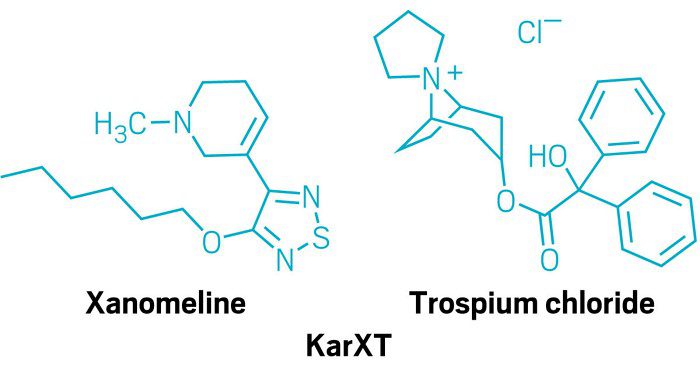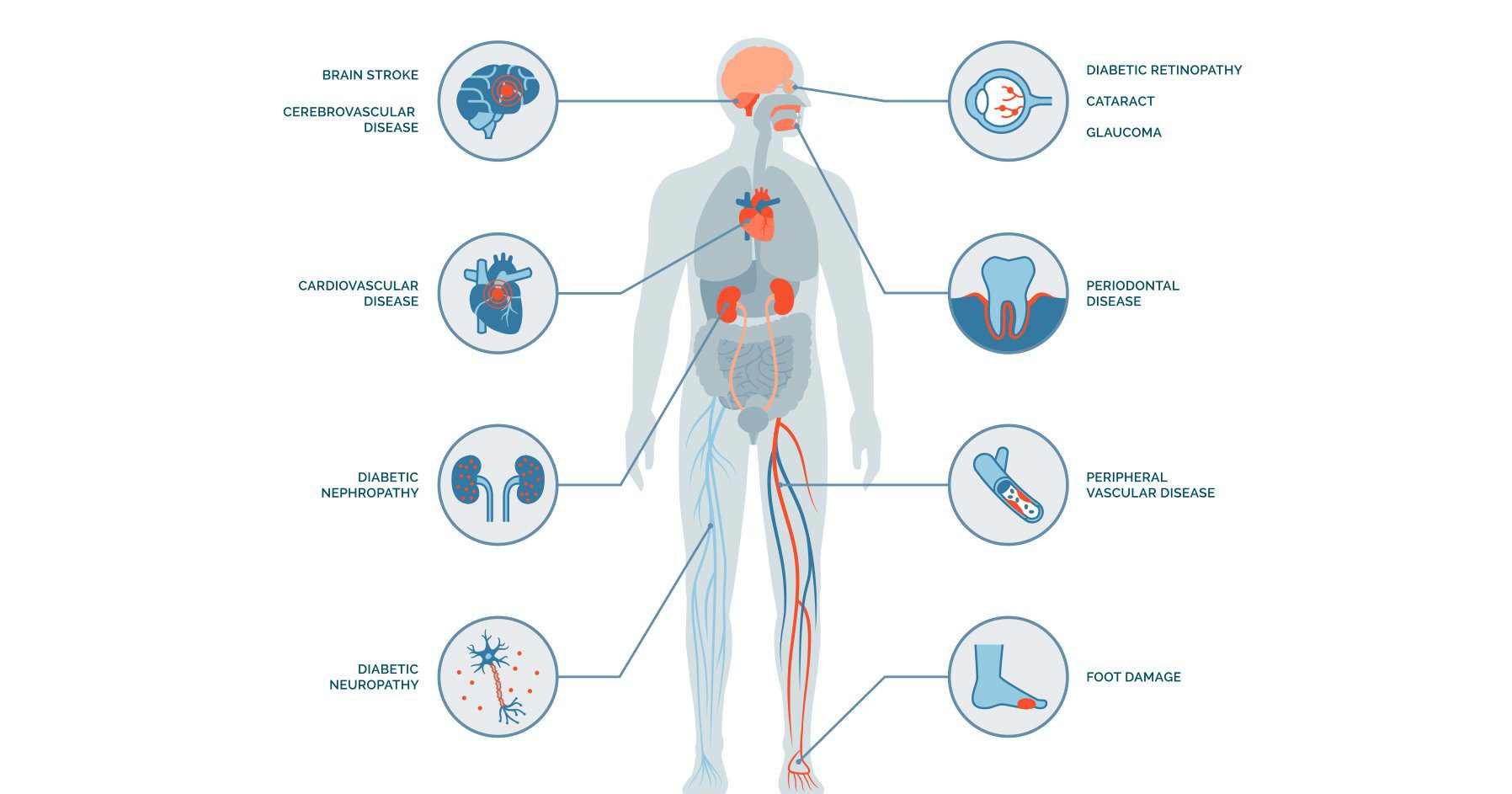What are the Effect and Prospect of Hydrocortisone?
Abstract
Hydrocortisone is the main glucocorticoid secreted by the adrenal cortex and has anti-inflammatory, anti-allergic, and immunosuppressive effects. It has significant anti-proliferative and anti-pruritic effects and is used for the topical treatment of diseases characterized mainly by inflammation and is indicated for eczema, neurodermatitis, atopic dermatitis and other skin diseases. It does not contain halogens and thus has fewer side effects such as skin atrophy, hyperpigmentation and capillary dilation at the site of application. Hydrocortisone is a white or almost white crystalline powder. It is slightly soluble in acetone or ethanol, slightly soluble in chloroform, almost insoluble in ether and insoluble in water.
Hydrocortisone is the main glucocorticoid secreted by the adrenal cortex and has anti-inflammatory, anti-allergic, and immunosuppressive effects. It has significant anti-proliferative and anti-pruritic effects and is used for the topical treatment of diseases characterized mainly by inflammation and is indicated for eczema, neurodermatitis, atopic dermatitis and other skin diseases. It does not contain halogens and thus has fewer side effects such as skin atrophy, hyperpigmentation and capillary dilation at the site of application. Hydrocortisone is a white or almost white crystalline powder. It is slightly soluble in acetone or ethanol, slightly soluble in chloroform, almost insoluble in ether and insoluble in water. The adrenocortical hormone is an important physiological hormone in the body. It is synthesized and secreted by adrenal cortical cells, and is regulated by the remote regulation of the hypothalamus-pituitary in its superior central system and the negative feedback regulation of hormone level synthesized by the adrenal gland itself. The adrenocortical hormone secreted into the blood plays an important physiological activity function and participates in physiological processes such as glucose metabolism, protein metabolism, lipid metabolism, and water and electrolyte metabolism. In the body's pathological state, often need to be supplemented by exogenous glucocorticoid drugs to play the role of glucocorticoid. Therefore, since the elucidation of the structure and activity of glucocorticoids and the development of synthetic glucocorticoid drugs, clinical departments have been widely used in the treatment of various diseases. Then, while glucocorticoid drugs play a pharmacological role, some adverse reactions inevitably occur, especially after high-dose or long-term use of glucocorticoid drugs, which will cause different degrees of damage to the body's immune function and metabolic system. The adrenocortical hormone is a kind of steroid compound synthesized and secreted by adrenocortical cells. The adrenal cortex is divided into the globular zone, fascicular zone, and reticular zone from outside to inside. Among them, the globular zone synthesizes aldosterone, the fascicular zone synthesizes cortisol, and the reticular zone synthesizes a small amount of sex hormone. Due to the differences in the physiological functions of hormones secreted by different zones, it is customary to call the hormones synthesized by the globular zone halocorticosteroids and the hormones synthesized by the fascicular zone glucocorticoids. Physiologically, cortisol has the strongest activity in glucocorticoids, which has the function of regulating glucose, protein, and fat metabolism, and can affect the synthesis and utilization of glucose, fat mobilization, and protein synthesis. The physiological effect of aldosterone is the strongest to maintain normal water and salt metabolism in the body. In the body, the synthesis and secretion of the adrenocorticotropic hormone are regulated by the hypothalamus-pituitary-adrenal cortex axis. The nerve cells in the median eminence of the hypothalamus secrete adrenocorticotropic hormone-releasing hormone (CRH), which acts on the anterior pituitary and promotes the synthesis and secretion of adrenocorticotropic hormone (ACTH) by pituitary cells. ACTH acts on the adrenal cortex through blood circulation to promote the synthesis and secretion of glucocorticoids. It is worth noting that the secretion of glucocorticoids is controlled by the biological clock of the suprachiasmatic nucleus of the hypothalamus. CRH, ACTH and glucocorticoids are released in a circadian rhythm, showing the lowest peak and valley characteristics in the morning and afternoon high noon. In the pathological state, the body needs to supplement exogenous glucocorticoids. As early as the 1930s, the study of synthetic glucocorticoid drugs began. According to the time of drug action, the commonly used glucocorticoid drugs can be divided into three categories: short-acting, medium-acting and long-acting. Among them, short-acting classes are mainly hydrocortisone, hydrocortisone: intermediate class is mainly prednisone, prednisolone, methylprednisolone, and triamcinolone; the long-acting class is mainly dexamethasone and betamethasone. It is worth noting that the molecular structure of cortisone and hydrocortisone is closest to the naturally synthesized corticosteroids in the body, while other glucocorticoid drugs are synthesized by modifying the molecular structure. Hydrocortisone is the main glucocorticoid secreted by human adrenal cortex. It is metabolized into a variety of inactive substances in the liver, most of which are excreted from urine and feces in combination with glucuronic acid or sulfuric acid. Hydrocortisone is absorbed quickly after oral administration. Pharmacological effects appear in 3~10 hours. The local application will be absorbed into the whole body. 0.2~1% hydrocortisone is discharged from the urine within 10 days. Its pharmacological effects are mainly through the dispersion effect on the target cells, combined with its receptor, the formation of steroid-receptor complex, and then activate the steroid receptor complex as a gene transcription activator, the formation of dimers and DNA on the specific order of the combination, play its role in regulating gene transcription, increase mRNA generation, the latter as a template to synthesize the corresponding protein, most of which are enzyme proteins, the latter in the target cells to achieve the physiological and pharmacological effects of steroid hormones. Hydrocortisone is a kind of glucocorticoid secreted by the adrenal gland. It can affect glucose metabolism and has anti-inflammatory, antiviral, antishock, and antiallergic effects. Like dexamethasone, it can inhibit the proliferation of capillaries and fibroblasts, but it has fewer adverse reactions than dexamethasone. Its pharmacological effects and applications are as follows:
- Anti-inflammatory effect: its mechanism may include: inhibiting inflammatory telangiectasia, reducing capillary permeability and edema formation; reducing the expression of various cell adhesion molecules and the role of migration inhibitory factor (MIF), reducing the accumulation of white blood cells in the inflammatory site; it inhibits the formation and release of inflammatory mediators such as prostaglandins and leukotrienes; stabilize the lysosomal membrane, inhibit the release of lysosomal enzymes, thereby reducing tissue damage. Can reduce and prevent tissue response to inflammation, thereby reducing the performance of inflammation. Hormone inhibits the accumulation of inflammatory cells, including macrophages and white blood cells in the inflammatory site, and inhibits phagocytosis, lysosome release, and the synthesis and release of inflammatory chemical mediators. In addition to inhibiting the activity of phospholipase A2 and thus indirectly preventing the production of O2-, hydrocortisone can also directly and chemically remove the produced O2-, and its anti-inflammatory effect is the result of a combination of biological and chemical effects.
- Anti-allergic and immunosuppressive effects, the mechanism may be: to accelerate the destruction of lymphocytes, lymph tissue atrophy, prevent cells and B cells to participate in immune response; inhibit monocyte-macrophage generation and function; reduce complement and antibody levels. Hydrocortisone has immunosuppressive effects, including preventing or inhibiting cell-mediated reactions, delayed allergic reactions, reducing the number of eosinophils in lymphocytes and monocytes, reducing the ability of immunoglobulins to bind to cell surface receptors, and inhibiting the synthesis and release of interleukins, thereby reducing the transformation of lymphocytes into lymphoblastoid cells and reducing the expansion of the primary immune response.
- anti-mitotic effect, by inhibiting DNA synthesis, preventing cell division, thereby resisting fibroblasts, epithelial cell regeneration or proliferation and collagen synthesis decreased, so that the wound repair process delay, long-term use can cause epidermal and dermal atrophy.




